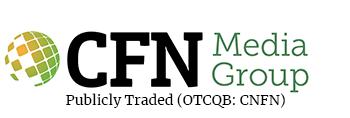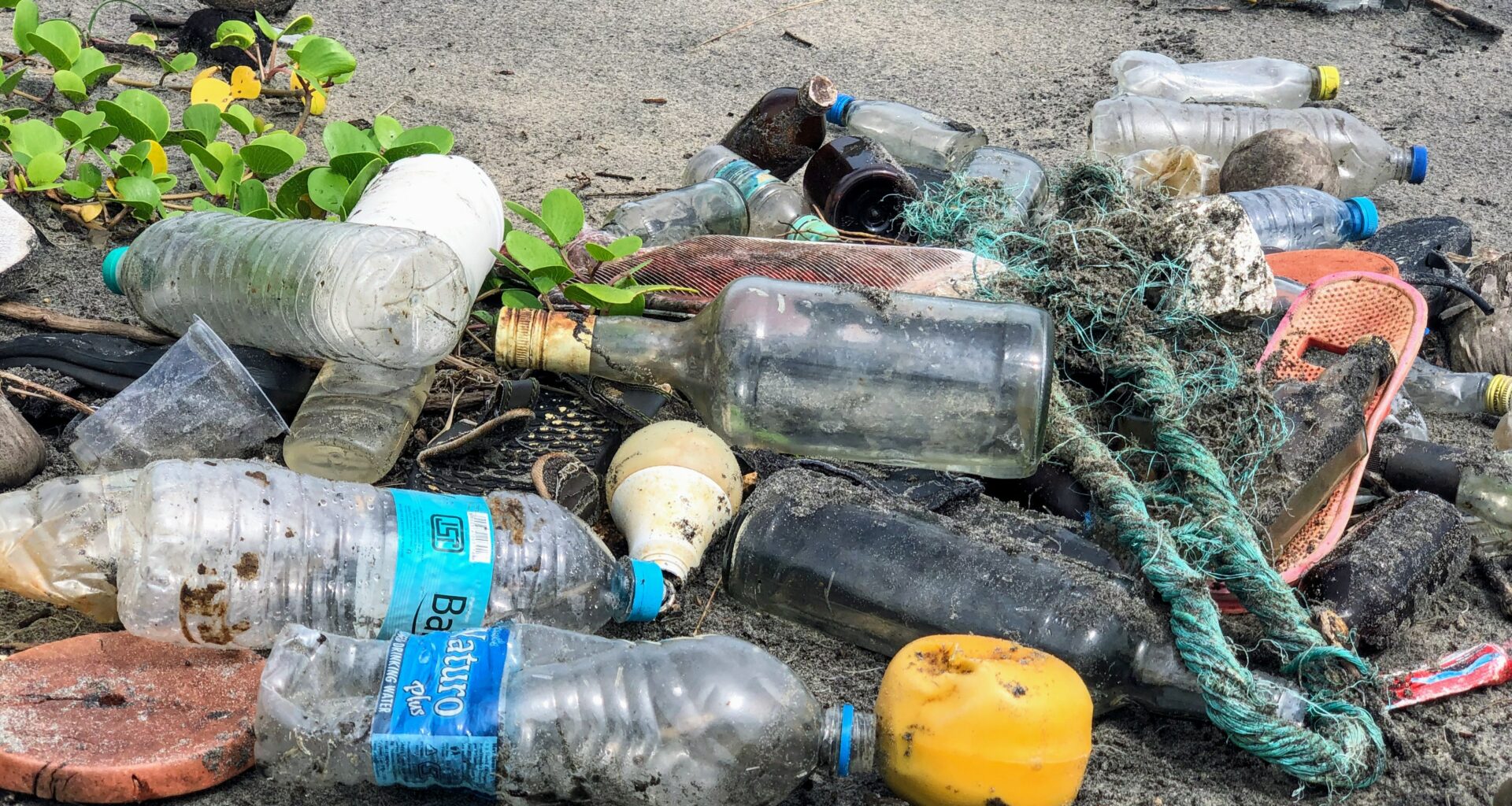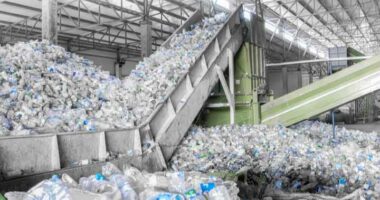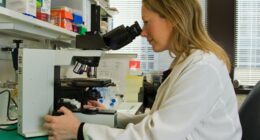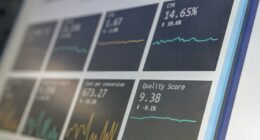Every year the world produces more than 450 million tons of new plastic and less than 10% is recycled. As a result, a growing list of countries are facing unprecedented plastic pollution. Without any major policy changes, plastic production could climb by roughly 70% by 2040, accelerating this damage even further.
More than 100 countries have sought a treaty to limit plastic production and tackle clean up and recycling, which culminated in a meeting that took place in South Korea this year. But unfortunately, these talks stalled at the last minute and the issue will be kicked down the road even further, casting doubt into its viability.
The good news is that the private sector is also working towards solutions to the plastic crisis—using approaches ranging from plastic eating bacteria to innovative chemical transformations. For example, Aduro Clean Technologies Inc. (NASDAQ: ADUR) plans to launch a pilot next year that could recycle more plastic through a chemical process.
In this article, we’ll look at the status of the latest negotiations on a plastics treaty and how private companies could help close the gap.
What Happened?
More than 100 countries want a treaty to limit production and tackle cleanup and recycling, but these efforts have faced significant pushback from oil producing countries. Meanwhile, environmental groups argued that the draft agreement has become too watered down. But, of course, for any proposal to make it into the treaty, every nation must agree to it.
Rwanda and other countries argued that the treaty should be ambitious and fit for purpose for the benefit of current and future generations. However, Saudi Arabia said chemicals and plastic production are not within the scope of the treaty, arguing that there should be no problem producing plastics—only addressing plastic pollution.
Last week, negotiators working on the treaty to address plastic pollution failed to reach an agreement in South Korea. While the talks were supposed to be the fifth and final round to produce a legally binding treaty, negotiators were at an impasse over whether the treaty should reduce total plastic production and the scope of controls on toxic chemicals.
Alternative Solutions
The solar industry’s success underscores the power of the private sector when it comes to doing good in the world. Over the past decade, solar photovoltaic costs have fallen by 90% as more companies came online developing more efficient technologies. The result is energy that’s now cheaper than many conventional fossil fuels.
Aduro Clean Technologies Inc. (NASDAQ: ADUR) aims to do the same in the plastics industry. The company’s Hydrochemolytic® platform picks up where mechanical recycling leaves off and transforms low-value materials, such as polyethylene and polypropylene, into higher-value materials like high-quality feed for naphtha crackers.
In November, the company hired a design-build firm to create a pilot plant for its Hydrochemolytic technology. The 10-kilogram-per-hour plant will be a proof-of-concept for a scalable, modular system. Fabrication, delivery, installation, and commissioning are targeted for Q3 2025 and represent a key step toward commercialization.
The Bottom Line
More than 100 countries agree that plastic pollution is an urgent problem facing humanity, particularly with only 10% of plastics being recycled. While a comprehensive treaty remains elusive, the private sector continues working on innovative ways to upcycle plastic into valuable outputs, incentivizing more recycling efforts.
For more information about Aduro Clean Technologies Inc. (NASDAQ: ADUR), visit the company’s website at https://adurocleantech.com.
